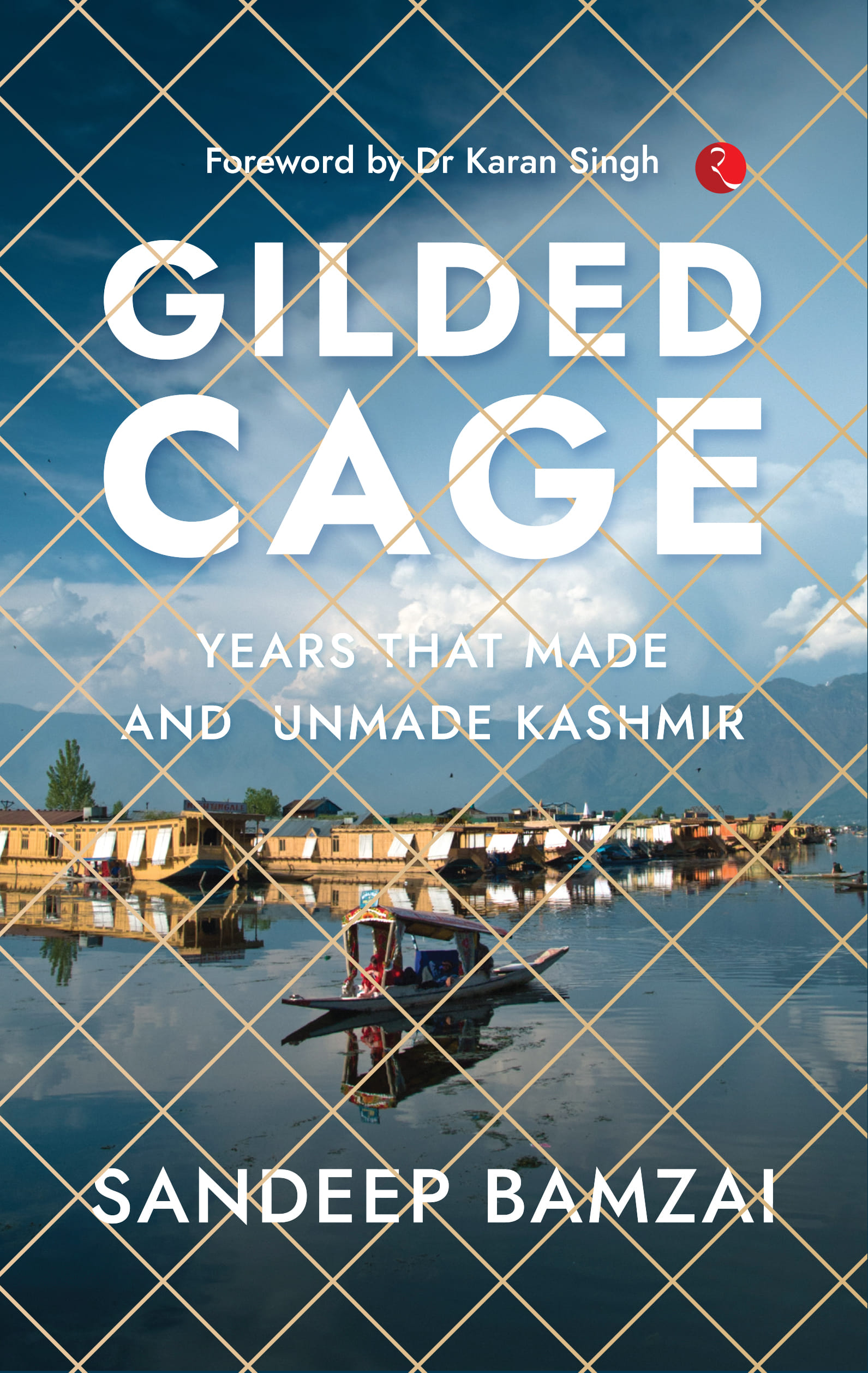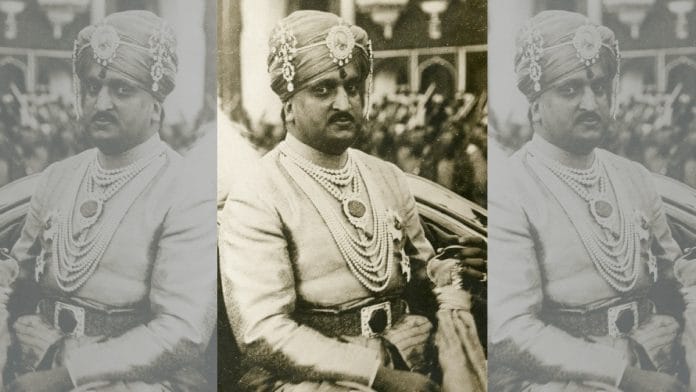So, why did Mountbatten, who bulldozed his way with other princes, including the chancellor of the Chamber, the nawab of Bhopal, vacillate on Kashmir? Here was a state whose future was more likely than any other state to be contentious, since it was wedged between India and Pakistan, and equally Tibet, China, Afghanistan and Russia. Geopolitically, a decision on Kashmir was paramount, and how could Mountbatten miss the primacy of such a decision? More so, Mountbatten, a soldier himself, understood the import of India holding on to Kashmir, since its frontiers had been breached repeatedly in the past by invaders. Why did his flair desert him on this all-important occasion? Mosley asks, ‘Can it be that, exhausted by his constant round of talks, sickened by Jinnah’s evasions over the problem of Governor Generalship of Pakistan, allergic for the moment to the Muslims, he was suffering from a diplomatic colic too?’
Another version goes like this. Alex von Tunzelmann, writing in Indian Summer, notes:
On June 18, the Mountbattens flew to the beautiful lakeside city of Srinagar, for a visit to the largest of the princely states, Kashmir. Nehru had already warned Mountbatten that the Muslim-majority Kashmir might prove to be a problem. Mountbatten knew the Hindu Maharaja, Sir Hari Singh, having first met him in Calcutta at Christmas dinner in 1921, for which Sir Hari had been specially selected as one of the British government’s best behaved princely allies. Their acquaintance had been sufficiently cordial that Dickie and Edwina had holidayed with him in Srinagar as late as 1946…Mountbatten assured the Maharaja that he would be allowed a free choice of which dominion to join after 15 August, emphasizing the importance of ascertaining the will of the Kashmiri people, but making it clear that any moves to remain independent would be foolish and dangerous.
Also Read: Bahadur Shah Zafar resented Raja Ram Mohan Roy. So he complained to East India Company
Following Kak’s dismissal and the appointment of Mehr Chand Mahajan as PM in the days before the declaration of independence, there was a feeling on both sides that the state of J&K would accede to India. Even though nothing had been given in writing, the Maharani, along with the presence of pro-India ministers Mahajan and Batra, made it seem apparent to both the Congress and the Muslim League that there was a high chance of the state joining the Indian dominion. This led to much unrest and frustration among the Pakistanis, which prompted Jinnah to devise one final nefarious plan to grab control of Kashmir.
As part of Jinnah’s larger plan, the general public in Poonch and Mirpur districts, who were mostly ex-servicemen, were supplied with arms and ammunition. In a matter of a few weeks, the stage was set for widespread internal strife as soon as the signal was given. Attempts were made to start communal rioting in Srinagar on the pretext that the Pakistan flag was insulted, but these efforts didn’t materialize. Further, all the important leaders of the Muslim Conference were asked to leave Kashmir and carry on their subversive activities from Pakistan so that they could not be arrested by the Kashmir State Forces. Muslim Conference leaders and some workers started leaving Kashmir in batches and assembling in Pakistan, from where they established contact with their party workers in the border districts. The ex-servicemen rose in revolt in early September, as if in synchronicity, and fought pitched battles with the state troops. Between June and October 1947, the Poonch rebellion took place, an uprising against Maharaja Hari Singh led by the Muslims, who were a martial race, which had started as a ‘No Tax’ campaign. This was followed by armed bands crossing over from adjoining Pakistan into the state to help the insurgents. A rigorous economic blockade of Kashmir from the Pakistani side was then set in motion, drying it off of all essential commodities.
Also Read: ‘One more fight, the last and the best’—How Bose planned great escape from British custody
Around the same time, the Pakistan government started secret negotiations with National Conference to woo it and win it over as Pakistan jump-started the final offensive to pouch the Valley. The DC of Rawalpindi and Dr Taseer, then an employee of the West Punjab government, were sent to Srinagar to contact Sheikh Abdullah, who remained aloof, to persuade him to support the state’s accession to Pakistan. After preliminary discussions with these emissaries, Abdullah sent Ghulam Mohammed Sadiq to Rawalpindi for obtaining specific terms from Pakistan. Earlier, Bakshi Ghulam Mohammad, another top National Conference leader, had met Pakistani Prime Minister Liaquat Ali Khan, the provincial premiers of West Punjab and the North-West Frontier Province (NWFP), besides other senior officials. Liaquat Ali Khan is believed to have given an assurance that if Abdullah agreed to Kashmir’s accession to Pakistan, he would head the provincial government in Pakistan.
The plan was as follows: Sheikh was to make a public statement that in view of the geographical location and communal composition of Kashmir, the state should accede to Pakistan. If the Maharaja refused to accept his advice, then Abdullah and his colleagues were to cross over to Pakistan, where they were to set up a provisional government of Free Kashmir in Pakistan, and under its auspices, a large-scale invasion of the state was to take place. In their hearts, the Pakistan managers for Kashmir knew that the plan would not work, for Sheikh abhorred Jinnah and loved Nehru. So, an alternative plan was put together. Sheikh would be invited to Karachi for personal discussions with Jinnah, and if he failed to come around, he was to be secretly arrested and kept in an unknown place, and a provisional government of Free Kashmir formed under his presidentship, while he would rot in jail.
 This excerpt from Sandeep Bamzai’s Gilded Cage: Years that Made and Unmade Kashmir has been published with permission from Rupa Publications.
This excerpt from Sandeep Bamzai’s Gilded Cage: Years that Made and Unmade Kashmir has been published with permission from Rupa Publications.






